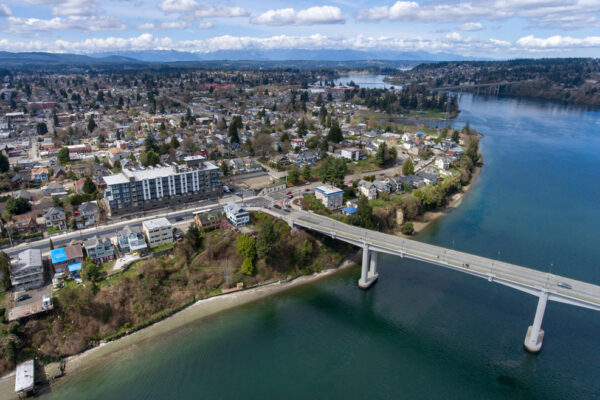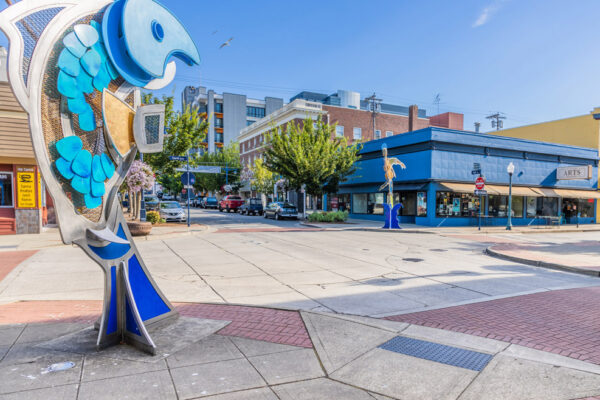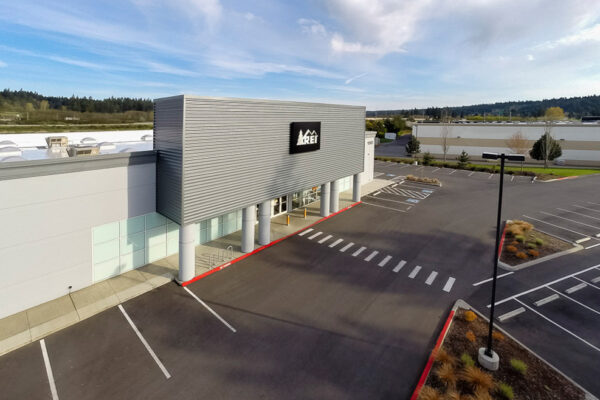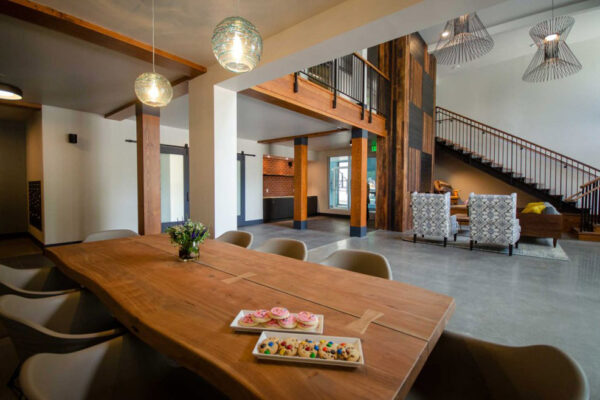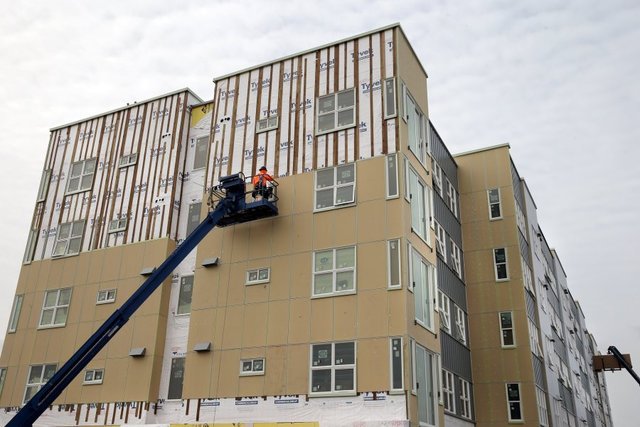
Source: Kitsap Sun
By: Tad Sooter
Posted: Oct 26, 2015
SUQUAMISH — Come to Kitsap, you stressed-out Seattleites.
Cross Puget Sound and you can save money on housing and spend less of your life trapped in traffic. You might even use that mountain bike that’s collecting cobwebs in your closet.
Bring your company with you … and your employees, too. They’ll love it here. Trust us.
It’s a straightforward pitch, and one that could prove effective in marketing Kitsap County to its neighbors across the water, according to a panel of real estate professionals who spoke Thursday in Suquamish during a Kitsap Economic Development Alliance forum.
“Maybe with a little bit of encouragement, they might see Kitsap for what it really has to offer,” said Teresa Osinski, executive vice president for the Home Builders Association of Kitsap County.
What Kitsap has to offer, the panelists said, is relatively affordable housing, a steady employment base, inexpensive development land and a steadily improving economy. All that might sound pretty good to King County residents feeling squeezed by rising prices and a ballooning population.
“We don’t compete with Seattle,” said Chris Rieland, CEO of Pacific Northwest Title. “We’re not a major metropolitan city. But we do offer an alternative.”
CHEAPER HOUSES
Any sales pitch for Kitsap County can start with prices.
Home prices are increasing in the county, but they’re increasing at a gradual pace. The median price for homes so far this year is up about 7.5 percent from 2014.
Houses and condominiums in Kitsap sold for a median price of about $250,000 in September, compared with $420,000 in King County. Osinski said newly built homes can be had on the peninsula for about $300,000.
“To anyone familiar with what’s going on on the other side of the pond, 300,000 sounds like a heck of a bargain,” she said.
There are bargains to be had in Kitsap, provided a buyer can snag a home that suits them. The county real estate market still is hampered by a low supply of houses available for sale (fewer than 1,000 were on the market last month).
Rieland said negative equity remains a nagging issue. A significant number of Kitsap homeowners owe more on their mortgages than their homes are worth.
“There are still a lot of people underwater,” Rieland said. “We are still closing short sales.”
An improving economy should eventually help free up more home listings in Kitsap. So should a glut of new homes being permitted.
As it stands, Kitsap has been a very active seller’s market in 2015, said Casey McGrath, managing broker with Windermere Poulsbo. Total home sales have soared past $1 billion this year, a threshold barely reached in 2014.
“Clearly the recovery is well underway,” McGrath said. “It’s fun to see it basically coming back to life.”
RISING RENTS
Demand for homes is high in the region, but many families, and especially those restless Millenials, aren’t interested in tying themselves to a mortgage.
“We are becoming a renter nation,” said Wes Larson, whose Sound West Group is behind a number of prominent construction projects in Kitsap, including the Spyglass Hill apartments in Bremerton.
Prospective renters will find cheaper rates in Kitsap than on the east side of Puget Sound. Rents are rising in the county, however. Larson expects the current of about $1.25 to $1.50 per square foot to trend up to $2 per square foot in the next few years.
A short supply of apartments is helping drive that trend. Kitsap has the lowest vacancy rates in the region and hasn’t begun to match Seattle’s apartment building boom. Low supply and increasing rent should entice new development, Larson said.
“There’s just not enough product coming on fast enough,” Larson said. “Anybody who has kids out there looking for apartments knows it’s difficult.”
COMMERCIAL OPPORTUNITY
Good deals in Kitsap aren’t limited to houses and apartments. Rent for office and retail space in Kitsap generally is significantly cheaper than in Seattle and the east side of Lake Washington, said Rick Cadwell with commercial real estate firm Cushman & Wakefield.
Cadwell said rents for industrial land in Kitsap may be comparable to King County, but industrial land is cheaper to buy on the peninsula. Combined with a lower cost of living, Kitsap can be an appealing package for employers, Cadwell said.
“If you have the fortitude to think you’re going to be here a long time, it makes sense to buy your (property),” he said. “It makes sense to have your employees live in apartments that are a little less expensive or buy houses that are quite a bit less than they are on the Seattle side.”
Cadwell believes the regulatory climate in Kitsap might be a main factor slowing development.
“We’ve got a reputation on the Seattle side of the water for being tough to get land use approved,” he said.
Other speakers at the forum picked up that call, urging the elected officials present to continue work on streamlining permitting across the county.
“Get those permits processed so we can get that housing built,” Larson said. “Because that’s the best way to get more affordable housing on the market.”
A fast-ferry system would certainly elevate Kitsap’s standing in the Puget Sound region, he said.
“I advocate for a return of the mosquito fleet,” Larson said. “I really hope we’re able to move in that direction.”
For information on KEDA events, go to www.kitsapeda.org.
